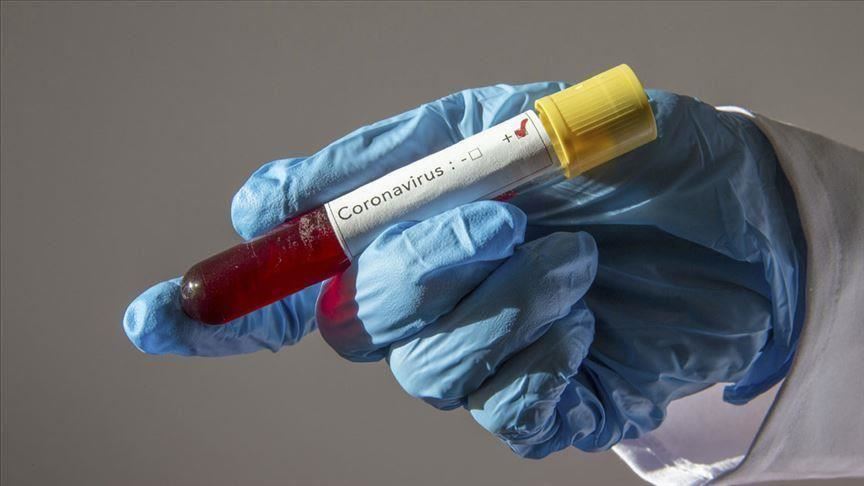A virologist Prof William Ampofo says Ghanaians should not panic after the country confirmed its first two cases of the coronavirus but rather the media should educate the masses over safety measures.
Several Ghanaians showed signs of fear on social media when the Minister of Health yesterday confirmed the first two cases in Ghana.
Prof Addo says the state of panic could be more detrimental to us and this is the job of the media to educate the public on how to observe safety measures.
READ ALSO: There's no scientific evidence that African blood genetics resists coronavirus - Virologist
"I don't think Ghanaians should panic, the media should rather educate and encourage people not to panic because fear could affect the state more. Let's observe all safety measures to ensure we do not come into contact with the virus".
The Minister addressing a presser yesterday said the two cases were received at the same time from the Noguchi Memorial Institute for Medical Research (NMIMR).
Both individuals involved in the case returned to Ghana, one from Norway and the other from Turkey signifying that they were imported cases of COVID-19 into Ghana.
The Minister said both patients are being kept in isolation and processes have been initiated for contact tracing.
The novel coronavirus, officially known as COVID-19 was first detected in Wuhan, China last December and has spread to at least 114 countries.
The global death toll is now over 4,600, with more than 124,500 confirmed cases, according to the World Health Organization (WHO), which has declared the outbreak a pandemic.
Steps to protect yourself from coronavirus
Clean your hands often
Wash your hands often with soap and water for at least 20 seconds especially after you have been in a public place, or after blowing your nose, coughing, or sneezing.
If soap and water are not readily available, use a hand sanitizer that contains at least 60% alcohol. Cover all surfaces of your hands and rub them together until they feel dry.
Avoid touching your eyes, nose, and mouth with unwashed hands.
Illustration: Woman quarantined to her home
Avoid close contact
Avoid close contact with people who are sick
Put distance between yourself and other people if COVID-19 is spreading in your community. This is especially important for people who are at higher risk of getting very sick.
Take steps to protect others
man in bed
Stay home if you’re sick
Stay home if you are sick, except to get medical care. Learn what to do if you are sick.
woman covering their mouth when coughing
Cover coughs and sneezes
Cover your mouth and nose with a tissue when you cough or sneeze or use the inside of your elbow.
Throw used tissues in the trash.
Immediately wash your hands with soap and water for at least 20 seconds. If soap and water are not readily available, clean your hands with a hand sanitizer that contains at least 60% alcohol.
man wearing a mask
Wear a facemask if you are sick
If you are sick: You should wear a facemask when you are around other people (e.g., sharing a room or vehicle) and before you enter a healthcare provider’s office. If you are not able to wear a facemask (for example, because it causes trouble breathing), then you should do your best to cover your coughs and sneezes, and people who are caring for you should wear a facemask if they enter your room. Learn what to do if you are sick.
If you are NOT sick: You do not need to wear a facemask unless you are caring for someone who is sick (and they are not able to wear a facemask). Facemasks may be in short supply and they should be saved for caregivers.
cleaning a counter
Clean and disinfect
Clean AND disinfect frequently touched surfaces daily. This includes tables, doorknobs, light switches, countertops, handles, desks, phones, keyboards, toilets, faucets, and sinks.
If surfaces are dirty, clean them: Use detergent or soap and water prior to disinfection.





